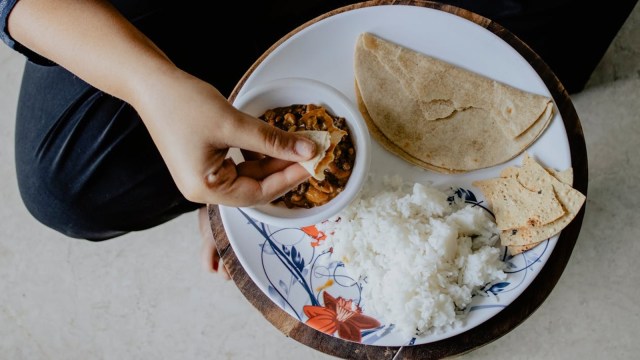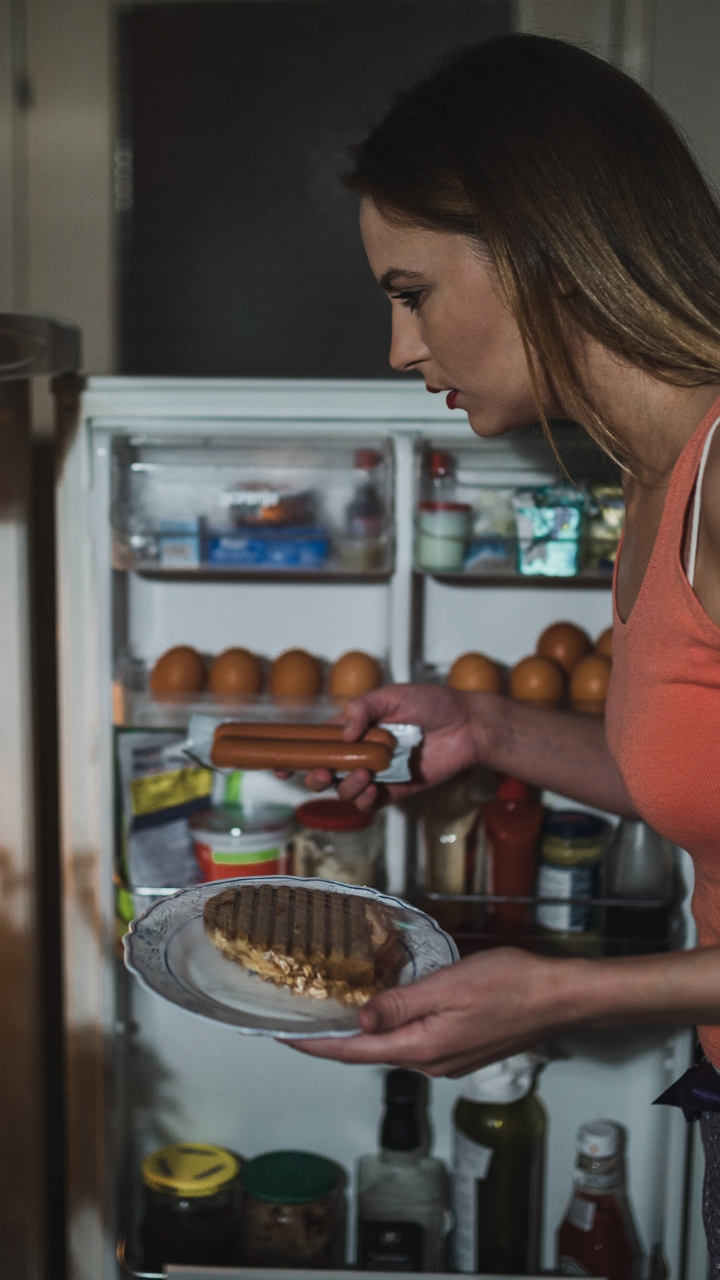📣 For more lifestyle news, click here to join our WhatsApp Channel and also follow us on Instagram
This is when you should have your last meal of the day
Leaving an adequate interval between your last meal and bedtime is critical for various reasons, including health, digestion, and overall well-being
 Eating late at night can also upset the balance of hormones that govern hunger and metabolism (Pexels)
Eating late at night can also upset the balance of hormones that govern hunger and metabolism (Pexels)The adage “timing is everything” holds particularly true when it comes to our eating habits. When to consume our final meal of the day is an important decision to make. And when you do so, don’t forget those pesky packets of chips you inhale every night after dinner.
Kanikka Malhotra, consultant dietician and diabetes educator helped us understand why this time is important.
Why should there be enough gap between your last meal and your sleeping time?
Leaving an adequate interval between your last meal and bedtime is critical for various reasons, including health, digestion, and overall well-being. Allowing time for digestion before sleeping helps to avoid discomforts such as acid reflux or indigestion, as eating too close to bedtime can cause these problems, disturbing sleep quality and comfort, Malhotra explained.
She added that a prolonged fasting interval between your last meal and breakfast (preferably 12 to 14 hours) promotes metabolic processes and can boost fat burning, helping the body to repair and renew while lowering the risk of metabolic illnesses such as obesity and diabetes.
Eating late at night can also upset the balance of hormones that govern hunger and metabolism, potentially boosting ghrelin (the hunger hormone) and reducing adiponectin (which aids in glucose regulation), resulting in increased appetite and probable weight gain. To improve health, it is typically recommended that you finish your last meal at least 2 to 3 hours before bedtime, Malhotra said. This ensures optimal digestion and promotes better metabolic health, cardiovascular function, and sleep quality.
 Late dinners are common in many Indian households, with families often eating around 9:00 or 9:30 pm.
Late dinners are common in many Indian households, with families often eating around 9:00 or 9:30 pm.
At what time should the last meal of your day be?
The ideal time for your last meal of the day, whether it’s dinner or a snack, is generally recommended to be between 6:00 PM and 8:00 PM, Malhotra said.
Dinner timings:
Optimal Window: 6:00 PM to 8:00 PM
Reason: Eating dinner at this interval is linked to improved digestion and sleep quality. According to studies, eating dinner before 9:00 PM can improve fat metabolism and overall health outcomes, especially for people who are at risk of obesity and type 2 diabetes. Eating too close to bedtime can disturb both sleep and digestion.
Evening snacks:
Ideal Time: If you prefer a snack, consuming it between 8:30 PM and 9:30 PM is best.
Guidelines: Choose light, easily digestible options such as fruit, yoghurt, or nuts. Avoid heavy or sugary snacks close to bedtime, as they can interfere with sleep quality.
Malhotra added that to improve your health and sleep quality, aim to finish your last meal, whether it is dinner or a snack, by 9:00 PM. If you decide to nibble later, stick to lighter selections and aim to eat by 9:30 PM at the latest.
DISCLAIMER: This article is based on information from the public domain and/or the experts we spoke to. Always consult your health practitioner before starting any routine.
📣 For more lifestyle news, click here to join our WhatsApp Channel and also follow us on Instagram
- 01
- 02
- 03
- 04
- 05



























